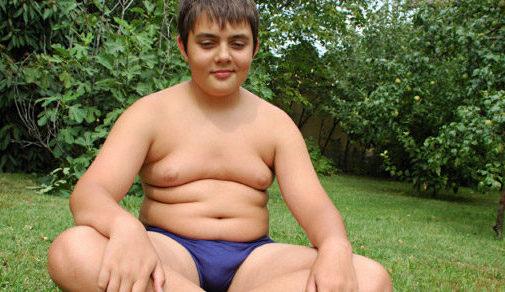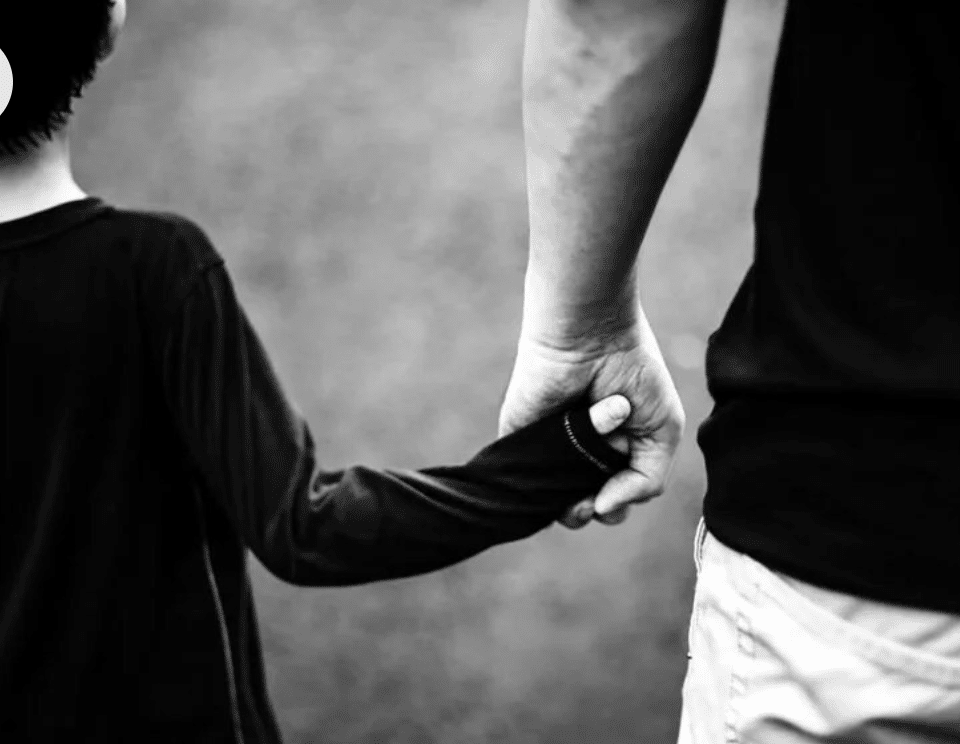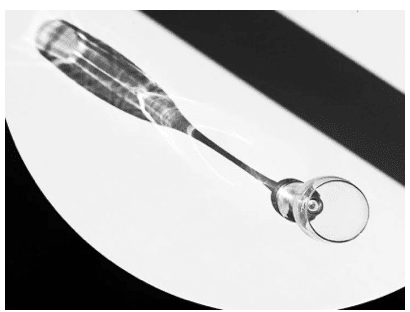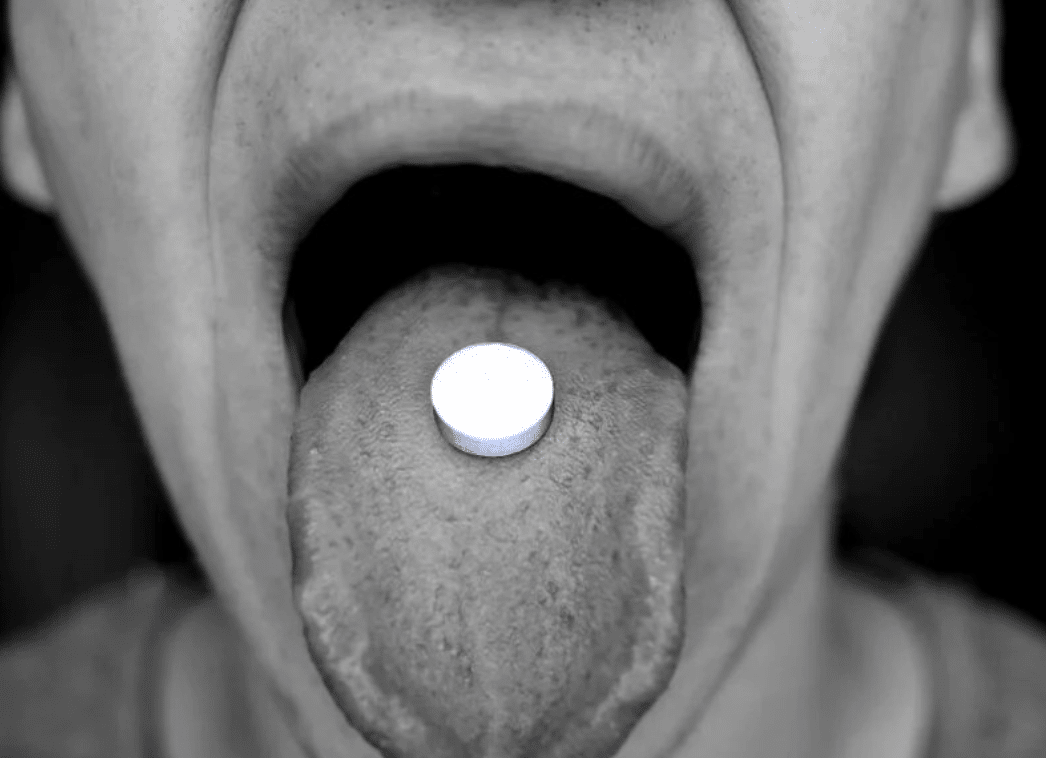A question that has arisen is can babies be obese? While doctors worry that the seeds of childhood obesity are being planted earlier and earlier, the good news is that parents can do something about it.
For ions, Americans have jumped for joy in celebrating chubby babies because of a mindset that says a chubby baby equates to a healthy baby. But that could be changing.
There has been a lot written about the rise in childhood obesity rates in the past 30 years but not much about how early the obesity cycle starts.
The bad news is that one out of every five 6 to 11 year olds in the US and 10 percent of 2 to 5 year olds are obese. What’s worse is that now newborns are showing signs of this impending disaster.
The basic problem is that, according to some professor of nutrition and public health at Yale, the problem of obesity gets transferred from one generation to the next.
So, if a mom is overweight or obese, that increases the likelihood that the baby could be born with a predisposition to be obese.
On top of that obese women are also more likely to have high blood pressure and gestational diabetes during pregnancy, which can constrict blood vessels and limit blood flow to the baby.
So, where does one start to give the kid a better shot at a healthier life?
For one, smoking reduces fetal growth. This equates to a low obeset baby, like an overweight newborn, being at a greater risk for obesity later in life.
One of the theories behind this is that when the baby “stops smoking”, they crave more food just like the adult does when they kick the habit making it so that the low birth-weight baby is programmed to store fat.
Then there’s the eating-for-two indoctrination. The current recommendation is that weight gains of 25 to 35 pounds for normal-weight women, 15 to 25 pounds for overweight women and 11 to 20 pounds for women who are obese, is the norm that should be followed during pregnancy.
What happens when a mother gains too much weight during pregnancy is that her fetus becomes a prisoner on the hormone environment in the womb and is exposed to high levels of blood sugar and insulin. Why? Because when the sugar crosses the placenta, the fetus’ pancreas senses a lot of it and makes too much insulin causing baby-poo to grow too fast.
We know from time to time that a C-section is necessary. In the case of obese women, they are delivering bigger babies and are more likely to require surgery,
Well, C-section babies have double the risk of obesity at age 3. What many do not know is that by not having a C-section, in non-obese women the bacteria in birth canal plays a role in reducing the risk of obesity.
Breastfeeding is the best because when bottle-fed, the mother worries that their baby is not consuming enough and want to see them finish the bottle. The end result is over-consumption.
The reality is that babies suck more easily from the bottle than from the nipple and when bottle-fed they will take in more than they need.
I often hear mothers bragging about how soon they got their child onto solid foods. Too bad they didn’t know that the earlier solid food is introduced the higher the obesity tendency.
The Yale guy published a paper showing that formula feeders who ate solid food before four months had a six-fold increase in obesity at age 3. The reason for this was that formula-feeding parents tend to feed to a schedule rather than to have the baby self-regulate.
A baby will unlatch from the breast when full or will appear to fall asleep and a toddler will play with their food, get antsy in the highchair climb down. Do not ignore the clues telling you they have had enough.
Then there’s the question of what the kid should drink? The theory is that babies and toddlers do not need juice because vitamin C deficiency is not a problem in the US. So the choices are unfluoridated water, mother’s milk or goat’s milk. Giving your kid pasteurized, bovine growth laden cow’s milk is a recipe for disaster.
Ditto for them, as they get older. Juice, sodas, Gatorade, PowerAde, sweet teas and other sugar laden garbage are simply drinks that provide empty calories and excess sugar that will take their toll over the following weeks, months and years that will leave nothing but unnecessary extra pounds.
If veggies are introduced first you will help your kid develop a taste for low-calorie, fiber-filled foods that leave them feeling full. When there is more bulk in the foods we consume, our bodies tend to be much better at controlling our impulses for consuming large amounts of calories.
It seems that babies who are introduced to unhealthy sweet foods first may develop a strong preference for them. It is so easy for a parent to bring immediate satisfaction to a crying baby by offering these foods that have a long-term adverse effect. Even the old standby Cheerios sucks because of the refined carbohydrates therein that definitely plays a role in weight gain. Take a walk on the wild side and try bananas, avocados and soft-cooked carrots cut into small pieces.
It was also observed that if infants sleep less than 12 hours, they have a two-fold increase in obesity three years later. To encourage good rest, put babies to bed in a quiet, dark room – without a bottle.
When I was a kid my mom used to use certain foods as a reward for good behavior. On me, that was such a waste. So don’t condition your kid that way. The same goes for the clean-plate club. Make him finish – make him gain weight. When the kid’s full, he or she is full. Don’t push it. And above all, in this sense, don’t use this ploy as a condition for dessert.
Last but not least, encourage movement from day one. Overweight babies can have a trickier time rolling around or sitting up because they are too heavy to have the musculature to hold themselves up.
Remember that babies spend a lot of time in strollers and car seats, strapped down and not able to move. You need to allow them to creep and crawl because it helps them develop muscles and it encourages achievement of motor milestones like walking.
So, what if you are an obese grown-up and don’t know what to do? Stay tuned!
How many pounds have you lost this month? At Dieta Efectiva you can lose 10-12 lbs your first week and 2-5 lbs every week after. Visit us dietaefectiva.net to learn more about our program.
CookL:JG







